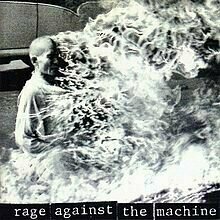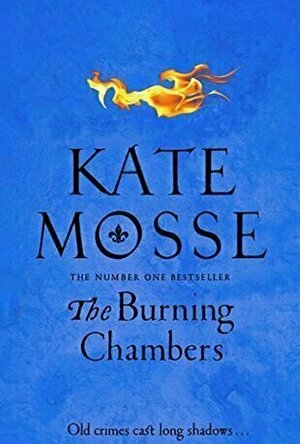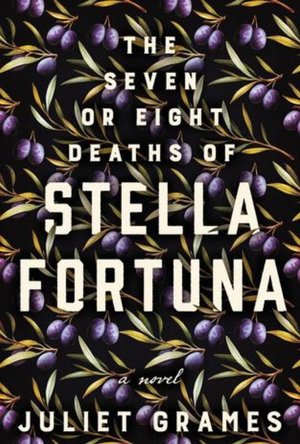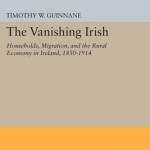
The Vanishing Irish: Households, Migration, and the Rural Economy in Ireland, 1850-1914
Book
In the years between the Great Famine of the 1840s and the First World War, Ireland experienced a...
The Oxford Handbook of Shakespearean Tragedy
Michael Neill and David Schalkwyk
Book
The Oxford Handbook of Shakespearean Tragedy is a collection of fifty-four essays by a range of...
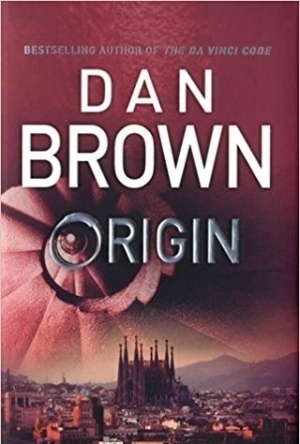
Origin
Book
The spellbinding new Robert Langdon novel from the author of The Da Vinci Code. 'Dan Brown is the...
ThrillerBook DanBrownBook
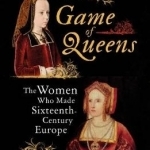
Game of Queens: The Women Who Made Sixteenth-Century Europe
Book
A BBC History magazine Book of the Year and an amazon.com Best Book of the Month Two childhood...
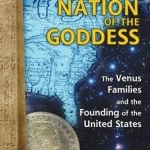
America: Nation of the Goddess: The Venus Families and the Founding of the United States
Alan Butler, Janet Wolter and Scott F. Wolter
Book
In America: Nation of the Goddess, Alan Butler and Janet Wolter reveal how a secret cabal of...
Gun Culture in Early Modern England
Book
Guns had an enormous impact on the social, economic, cultural, and political lives of civilian men,...
Rob Halford recommended Rage Against the Machine by Rage Against The Machine in Music (curated)
ClareR (6054 KP) rated The Burning Chambers (The Burning Chambers #1) in Books
Jan 26, 2021
It’s all history that I know little about - my history education being that of the carefully selected English type. I’ve always tried to find out more about European history (ahem, German degree) and further afield if I can, and historical fiction makes it a bit more interesting than a dry history book. This book taught me a lot about the tensions between the catholic majority, and the Huguenot minority.
Minou is the 19 year old daughter of a bookseller, and lives in Carcassonne with her family. She meets Piet, a Huguenot convert, and helps him to escape from the town. Later, in Toulouse, they meet again in far more dangerous circumstances. They become trapped in a city at war - Catholic against Huguenot - and someone that Piet believes is a friend is very far from that. In Puivert, the chatelaine of the castle has a secret that she wants to keep hidden, and the only way to do that is for her to find Minou.
First, the most obvious thing: this is one big book. It’s the kind of book that I would buy on my kindle, because at 600+ pages, it definitely won’t fit in my handbag! The Pigeonhole is great for these circumstances!
Secondly, although this book is a serious whopper, it didn’t feel that way when I was reading it. It’s an exciting, fast-paced, delight of a read. It has it all: action, history, romance. Everything that makes for a compulsive read! The heroes and heroines are good, and the villains are thoroughly bad, and I loved them all!
ClareR (6054 KP) rated The Seven or Eight Deaths of Stella Fortuna in Books
Aug 26, 2019
As you can probably guess from the title, Stella’s 7 or 8 deaths feature quite prominently in this, as does her close relationships with her mother and sister. Her father as good as abandons them for the first part of her life, and then demands that his wife and children sell everything and join him in the US where he has been working. Stella hates her controlling, abusive father, but is very much restricted by tradition and religion. So, she lives under his despotic rule. There is quite a bit of abuse - both physical and mental - in this, but what is most admirable is Stella’s unbroken spirit. And she has spirit in spades.
I loved the style in which this was told: a family member researching and telling the story of her relatives, and trying to work out why Stella in her last 30 years refuses to have anything to do with the sister that she loved so much. I had to keep reminding myself that it was in fact fiction. There was a great balance of modern thinking (from the narrator) and the traditions of the older members of the family, complete with curses and spells to avoid the evil eye.
I’ll be honest, I thought I’d made a mistake by choosing this book. I really didn’t think I’d like it. I’m so relieved that I took a chance on this though, because I loved it, and I’d say that it’s well worth a read.
Many thanks to NetGalley and the publisher for my copy of this book.
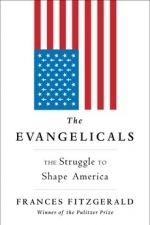
The Evangelicals: The Struggle to Shape America
Book
This groundbreaking book from Pulitzer Prize–winning historian Frances FitzGerald is the first...
History Religion

